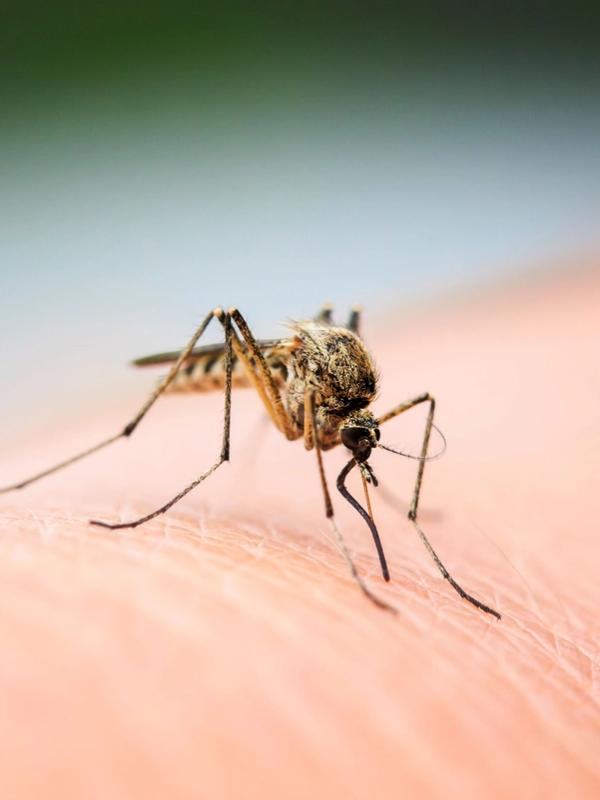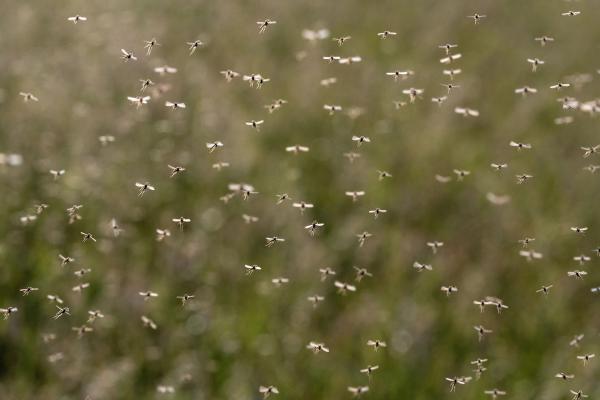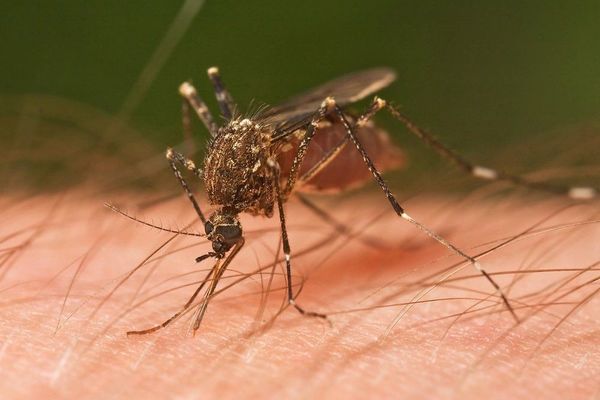
Mosquito Myths: Does Iceland Have Mosquitoes?
Amidst the majestic glaciers, effervescent hot springs and spellbinding landscapes, lies a land like no other - Iceland. A land where the allure of its breathtaking natural beauty and endless outdoor escapades draws countless tourists annually. But, as you ponder the prospects of exploring this mystical land, one question may arise - "does Iceland host these tiny, blood-sucking creatures called mosquitoes?" Well, this is a quandary that requires an answer.
The short answer:
No, Iceland does not have mosquitoes
Despite its remote, northern location, Iceland is surprisingly devoid of the infamous mosquitoes. This is due to a combination of its chillingly cool climate and relentless winds that pose a challenge for these pests to establish a suitable habitat.
Consequently, you can wander the wilds of Iceland with ease, free from the constant buzz and bite of these pesky insects. A true oasis, where one can immerse themselves in the breathtaking beauty and adventure without any distractions.

How did mosquitoes not find their way to Iceland?
The absence of mosquitoes in Iceland is a curious phenomenon, one that is a result of various contributing elements. To begin with, these pesky insects were never native to Iceland, and the inhospitable climate, characterized by its cool temperatures and tumultuous winds, has made it challenging for them to set up a breeding ground. Furthermore, Iceland's remote location and sparse human habitation in many areas have proven to be formidable obstacles for the survival of mosquitoes.
Thus, Iceland remains a rare and wondrous land, free from the pesky presence of mosquitoes, and offering visitors the chance to bask in its natural splendor, untainted by the constant buzz of these blood-sucking pests.
The benefits of a mosquito-free environment
Being free of mosquitoes is not just a perk of visiting Iceland, it also offers a number of benefits to those who live there. For one, the lack of mosquitoes means that residents and visitors can enjoy the outdoors without worrying about pesky bites.

Additionally, the absence of mosquitoes helps to keep the country's natural ecosystems healthy, as they are not known to spread diseases like other species of mosquitoes can.
Conclusion
Iceland is one of the few mosquito-free countries.
This offers a unique advantage for those whoa re planning to visit Iceland, as they can enjoy the beautiful landscapes and outdoor activities without worrying about being bitten by mosquitoes.
Whether you're planning a trip to Iceland or simply curious about the country's natural environment, it's safe to say that mosquitoes are not a concern.

